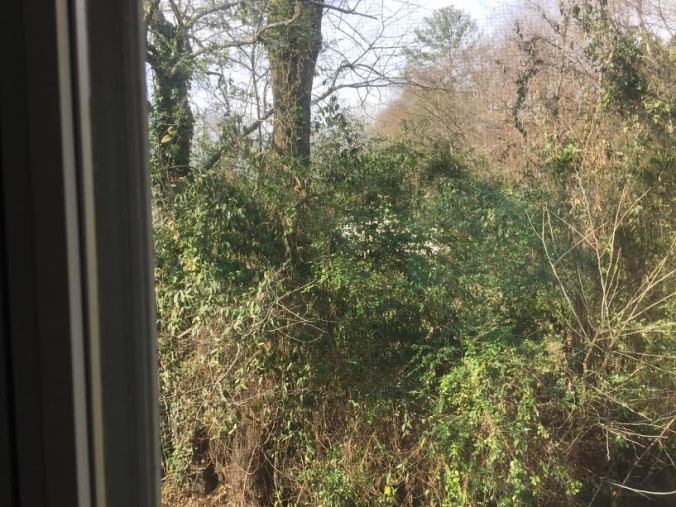Note: I asked my 16-year-old son to write about the “gig economy.” This is his view of it with just a few edits from me. Let me know what you think.
Stable salary, health-care benefits, steady hours — these are the things that might come to mind when you think of jobs that are largely considered desirable. But all these things come with a price some aren’t willing to pay: repetitiveness, little opportunity for advancement, and short, scarce vacations, among other things. However, there is another option outside of a traditional workspace.
Many people work outside of the organized system, and they’re all the better off for it. A wedding planner, for example, chooses what events they organize, how much they will be paid, and when their hours of client service will be. These same freedoms are afforded by freelance writers, photographers, and anyone who chooses to take “gigs” as they see fit, for prices they see as fitting.
This idea may seem scary. It may seem to threaten the very foundation of the American workplace. But it has enormous benefits for all of us. Freelance workers have much more freedom than those who work for an employer, and that tends to magnify their skills. Because they have no one to look up to — no one to rescue them if they get into a bind — they tend to work harder, and with more passion for the life they’re pursuing.
Ambition is the driving force behind so much of the progress we see in this modern day. People with original ideas, who choose to work on their own accord and not under another’s thumb, have brought us many of the products we use every day. If it weren’t for these brave people, you’d be hard-pressed to find top-notch creative minds. Organized corporate jobs can be stifling. Freelancers are not only defying tradition, but they are paving the way for those who feel too constricted by workplace structure to pursue the ideas that may very well be the next big thing.
However, there are many challenges in working for oneself, and health-care comes in high on the list. It’s expensive. Outrageously expensive. You pay your own taxes and Social Security and file quarterly.
There’s also the aspect of loneliness associated with this workspace. The self-employed often have no co-workers. Their only regular human interaction would be with clients, and those they spend their free time with if they have any to spare. However, organizations such as collectives and networks can help these people communicate with and work alongside others like them.
Yes, the “gig” economy may seem like a threat to traditional jobs. But, traditional jobs are not for everyone. Freelance workers are facing the challenges of expensive health-care and questionable stability to bring upon us a more innovative and passionate America. They are bringing us the America of tomorrow.
